
for the land?



Assistance For Landholders
Water Quality Program
Planting trees on farms and along shorelines can reduce nutrient pollution in local lakes, rivers, and streams. Our Water Quality Program establishes demonstration farms around the Great Lakes, and shares research and education on the potential for agroforestry systems to meet the challenge of the water crisis.


Research and Development
Tree Crop Improvement
Achieving widespread agroforestry on the landscape requires investment in tree crop breeding at a level more proportional to the transformational benefits agroforestry can provide us all. Savanna Institute’s Tree Crop Improvement Program is developing new and improved crops for agroforestry with a powerful combination of grassroots community efforts and cutting-edge science.


Research and Development
Commercialization
The Savanna Institute is developing strategic partnerships to increase the viability of agroforestry in the Midwest. Our goal is to stimulate the development of regional food systems that can realize the full potential of agroforestry.



Ecosystem Research
Understanding Ecosystem Services
The Savanna Institute researches the effects of tree crops on the surrounding ecosystem. We monitor wildlife, water, and soil to understand the full benefits of agroforestry practices.

Online Courses
Our online agroforestry courses focus on key tree crops and practices, marketing, land access and finances, agroecology, and climate change.
What is
Agroforestry?
Regenerative farming practices that integrate trees or shrubs with crops or livestock. There are many types of agroforestry systems. Five common practices include:
Alley cropping
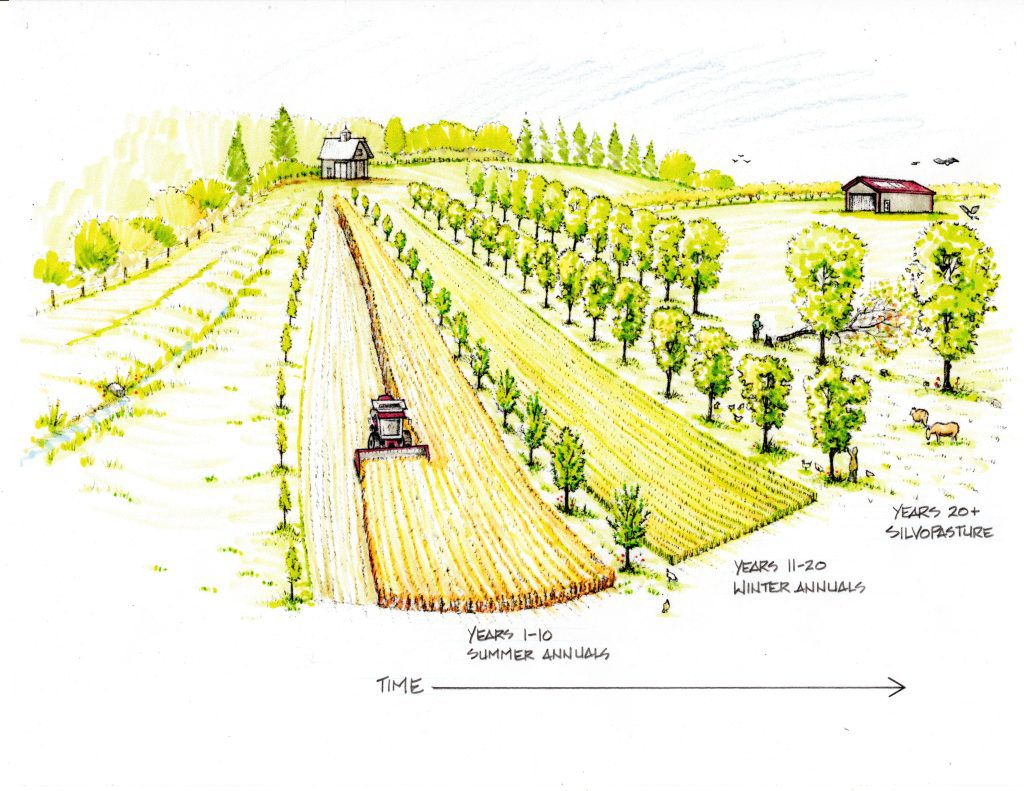
Alley cropping is the cultivation of crops in the alleys between regularly spaced rows of trees or shrubs.
Silvopasture
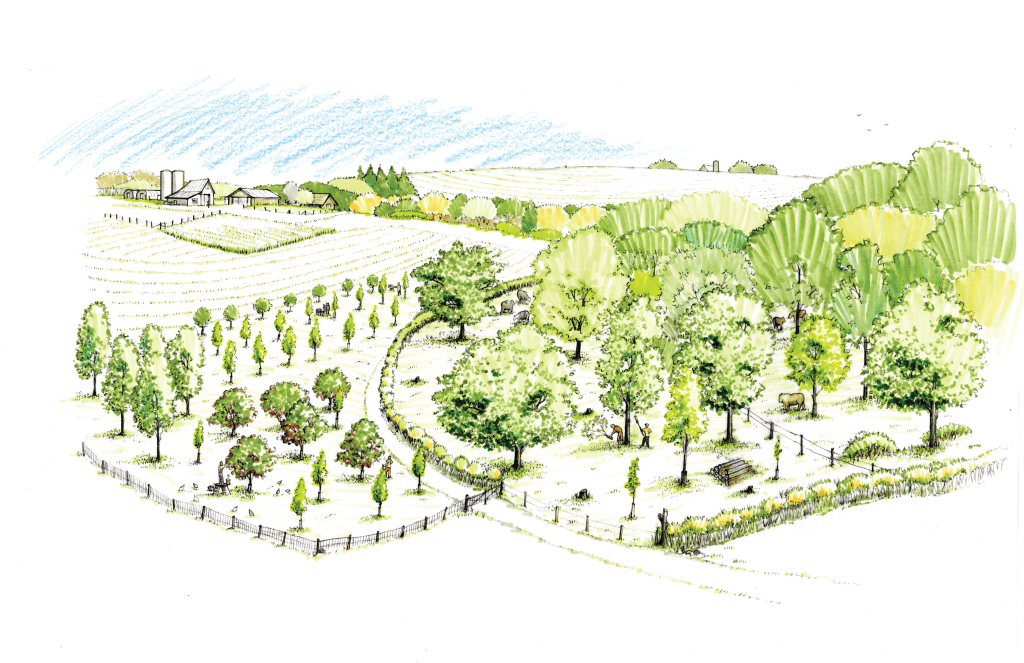
Silvopasture is the intentional integration of trees, pasture and livestock managed in a single system.
Riparian buffers
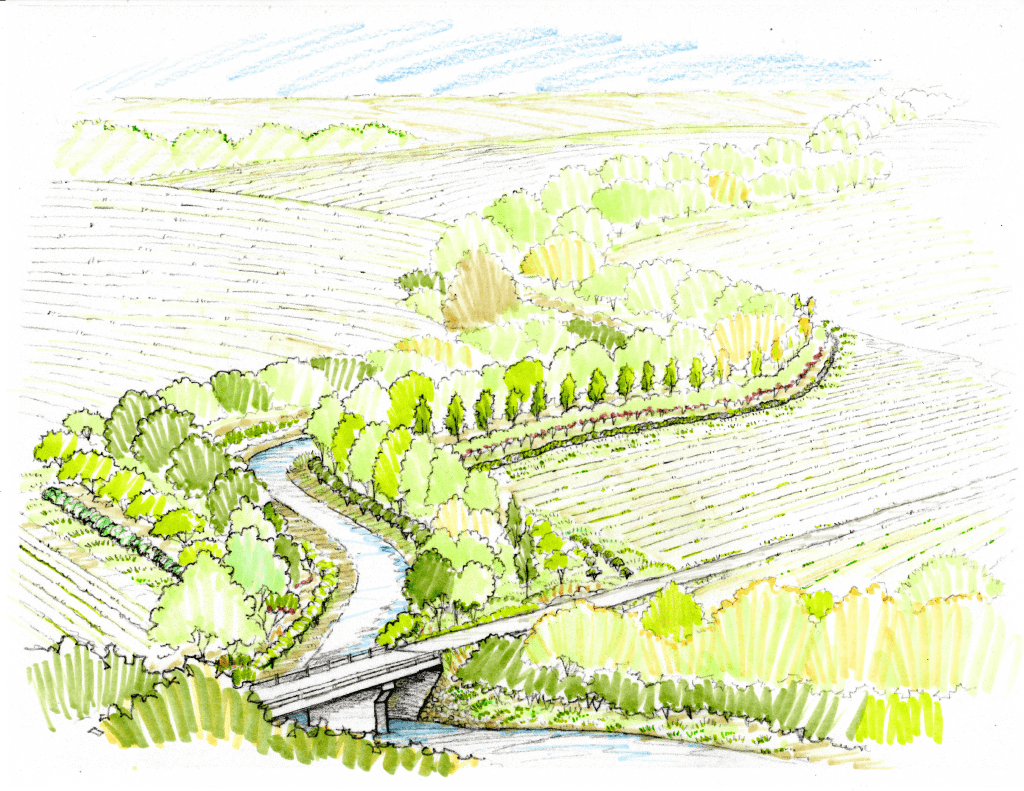
Riparian buffers are trees planted as strips of permanent vegetation alongside a stream, lake or wetland.
Windbreaks
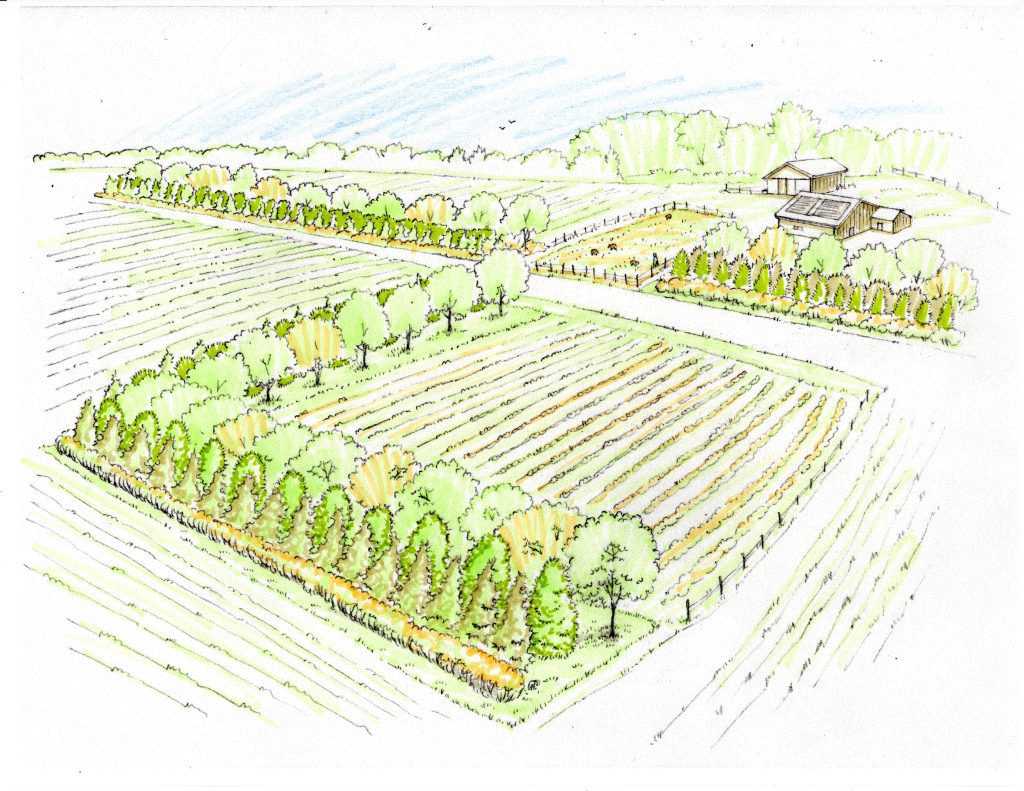
Windbreaks are strips of trees and shrubs designed to enhance crop or livestock production while providing conservation benefits.
Forest Farming
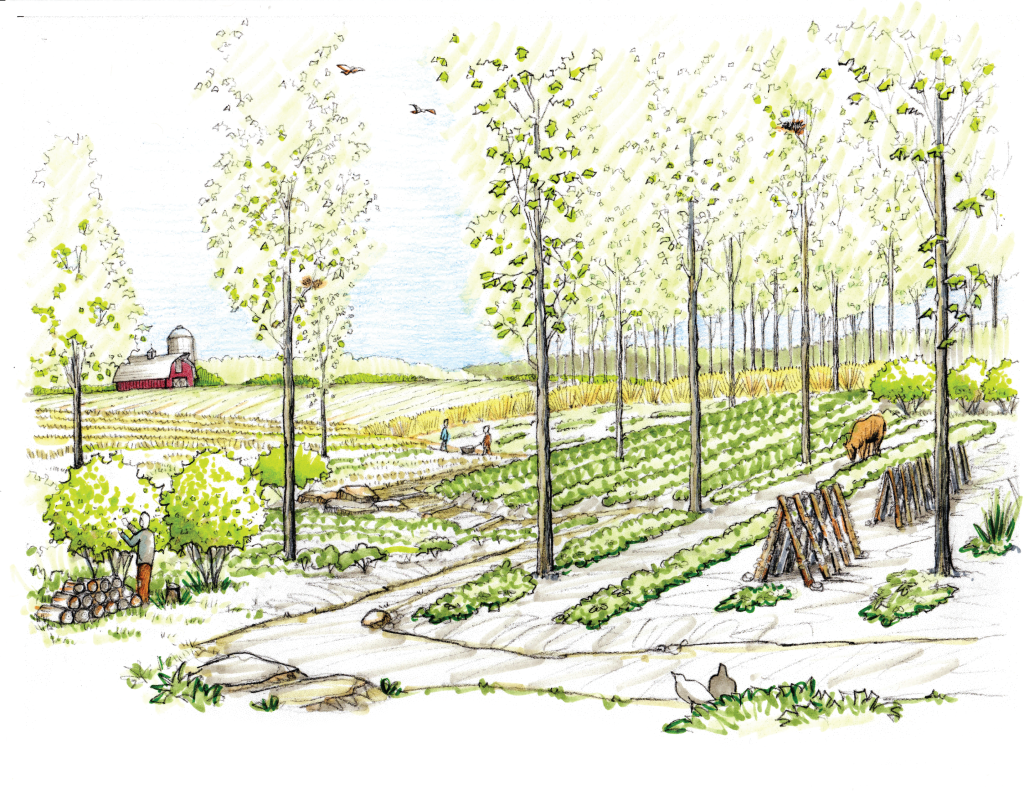
Forest Farming is the cultivation of specialty crops under existing forest canopies.
Agroforestry Benefits


See Our Programs
A one-stop shop for research, education, outreach, technical service, demonstration farms, and commercialization efforts, the Savanna Institute is working to scale up agroforestry so farmers can draw down carbon for generations to come.

One-On-One Support For Farm Planning
Technical Service Program
Get help planning your perennial farm system. Our Technical Service Program is here to guide you through the process of planning, funding, and planting trees on your farm.
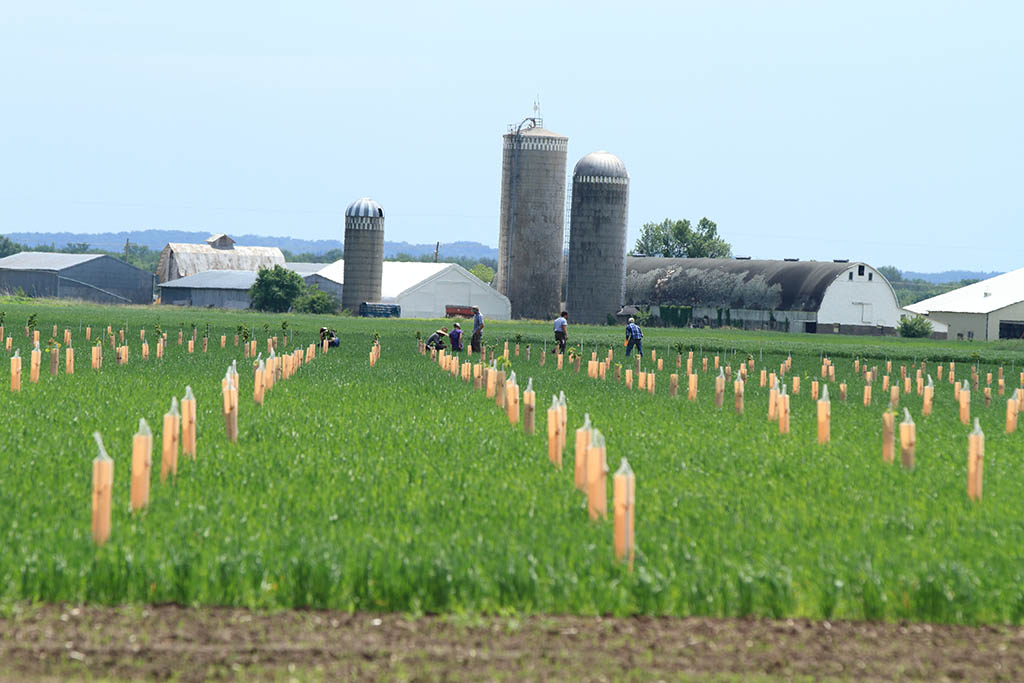

Assistance For Landholders
Technical Service Program
Savanna Institute’s Technical Service Program helps you take advantage of resources available to plant trees on your pastures, fields, and waterways. Technical Service Providers offer one-on-one support for planning, designing, and securing financial assistance for an agroforestry system.


Support Our Work
Sponsor An Apprentice
Your gift could provide experience and technical education for aspiring farmers through on-farm training with a mentor farmer and community building opportunities for farmers, apprentices, and those interested in incorporating trees on farmland.

On-Farm Education
Apprenticeship Program
Our Apprenticeship Program offers a one-of-a-kind experience providing beginning farmers with on-farm, technical education with a mentor farmer in the Midwest. Apprentices also take online coursework and have an opportunity for community-building throughout the year.

Support Our Work
Contribute to a Demonstration Farm
Help us prepare seeds and scion at our home farm nursery to get our plantings off to the most sustainable start. One lb of seed plants one acre and ensures further revenue to support education, research, and demonstration at the Savanna Institute.

Farm-Scale Demonstrations
Demonstration Farms
Our network of Midwest Demonstration Farms are educational hubs for farmers and the public to learn about agroforestry. Our Demo Farms also provide a place where our scientists collect tree crop germplasm repositories, conduct variety trials, and show how agroforestry can be practiced within different regions.

Support Our Work
Support Tree Crop Breeding
Help us gather the best tree crop cultivars and develop improved varieties that will be hardier, tastier, and more profitable for farmers. Your gift supports tree crop breeders in building our germplasm repository of perennial plant genetics.
Looking For Plants?
Canopy’s Nursery offers plant material in your region. Find chestnut, walnut, pecan, hazelnut, heartnut, persimmon, pawpaw, black currant, and elderberry for order in their online store. Not only does Canopy increase the availability of high-quality plant material in the region, it also donates part of its proceeds to Savanna Institute’s nonprofit research and education mission.


Farm Management Services
Canopy provides tree planting and land management services to farmers and landowners in Illinois and Wisconsin. The business establishes perennial crops, timber plantings, conservation practices, and integrated agroforestry systems. Canopy combines expert staff, thoughtful design, and a mobile fleet of state-of-the-art farm equipment to cost-effectively establish and manage profitable, diverse, and resilient agroecological systems. Canopy’s initial hub is located in Champaign, Illinois, although its mobile fleet travels throughout the state and throughout Wisconsin to serve clients with tree planting and management services.


Tree Planting Services
Canopy Farm Management provides professional tree planting and management services to customers in Wisconsin as well as Illinois. Canopy’s experienced staff employ thoughtful design and a mobile fleet of state-of-the-art farm equipment to cost-effectively establish and manage resilient agroecological systems.

Photos From The Field
Each year, we collect photos from demonstration sites and partner farms around the Midwest that show agroforestry in different contexts and scales.

An Agroforestry
Podcast And Blog
By The Savanna Institute
Our podcast about perennial agroforestry (AF) features interviews, questions from listeners, storytelling, and more. Subscribe to Perennial AF to hear real AF conversations with some of the Midwest’s top agroforesters and perennial farmers.
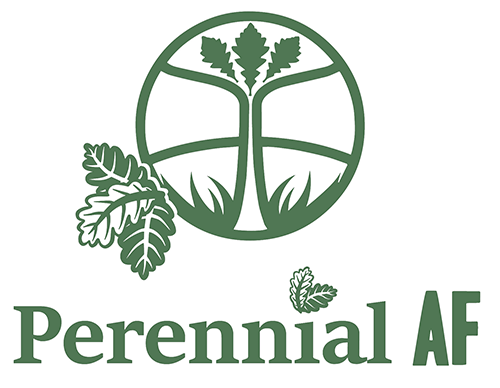
Research and Publications
Thinking about a new perennial crop? Our grower guides and investment reports can help you plan food and farm systems that include trees.
Watch The Videos
Our videos take viewers on virtual tours of Midwest farms to see agroforestry in a variety of contexts. Hear the stories of farmers talking about the transition to perennial agriculture, and what motivates them to farm sustainably with trees.

Monthly Newsletters
The Savanna Institute publishes a monthly newsletter with our latest resources on agroforestry. Check out our past issues and subscribe.


Why Trees on Farms?
What We Offer
A one-stop shop for research, education, outreach, technical service, demonstration farms, and commercialization efforts, the Savanna Institute is working to scale up agroforestry so farmers can draw down carbon for generations to come.

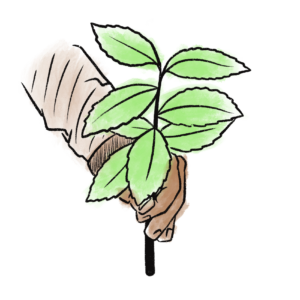
APPRENTICESHIPS

COMMERCIALIZATION
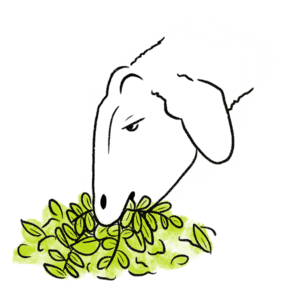
DEMONSTRATION FARMS

COURSES

ECOSYSTEM SCIENCE

TECHNICAL SERVICE

TREE CROP RESEARCH

WATER QUALITY
Read the Latest
Northeast Agroforestry Road Trip Part II: Steve Gabriel, Eric Toensmeier, & Akiva Silver
Northeast Agroforestry Road Trip Part I: Sven Pihl, Seva Water, and Joe Orefice
Do you have a question?
Ask an Agroforester
Our partners at Canopy Farm Management, based in Illinois and Wisconsin, have perennial plant material available through its bare-root nursery. When you purchase through Canopy, a portion of the sales help to support Savanna Institute’s nonprofit mission. For more nurseries in your area, check out this National Nursery and Seed Directory.
The plants you choose will depend on the natural resources on your land and your farm goals. Timber trees require low investment and minimal ongoing maintenance over a longer period of time ranging 20 to 50 years depending on species. Fruit and nut trees require higher initial investment and establishment maintenance, but can provide annual returns once established (approximately 5 to 10 years depending on species). Additional shrubs and crops can be planted within the tree rows between tree species. Learn more about perennial crops.
The Savanna Institute runs demonstration farms in Central Illinois and Southern Wisconsin. We also have partners in Michigan and Minnesota who share their farms for educational events. Our demonstration at Silverwood Park in Wisconsin is open to the public, and the rest are open during events and by appointment only. Learn more about our demonstration farms.
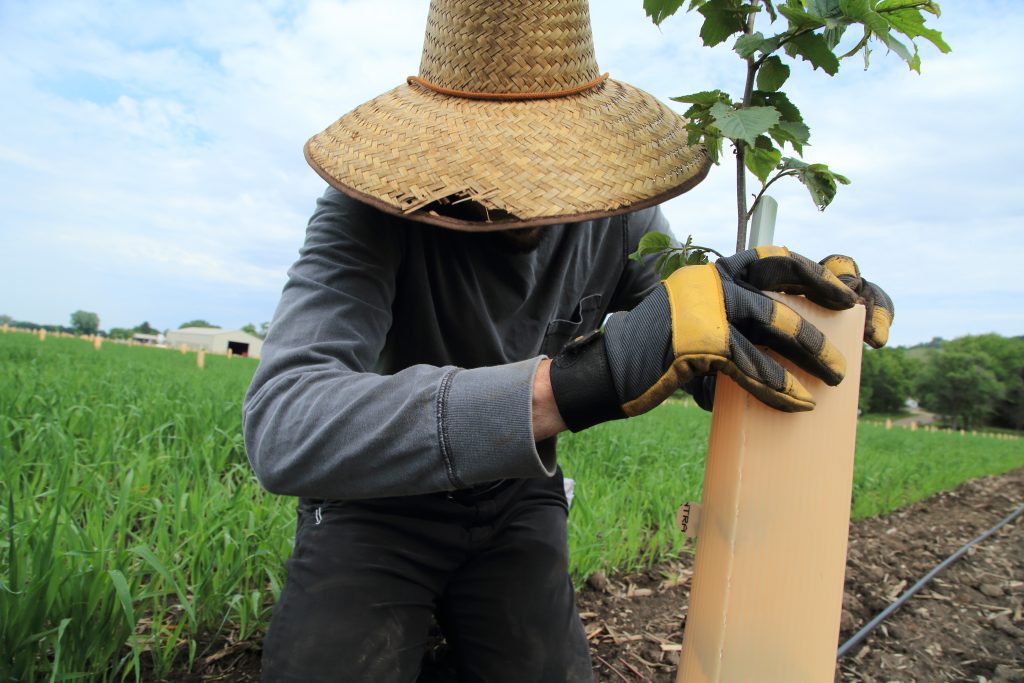
Alley cropping

Alley cropping is the cultivation of crops in the alleys between regularly spaced rows of trees or shrubs.
Silvopasture

Silvopasture is the intentional integration of trees, pasture and livestock managed in a single system.
Riparian buffers

Riparian buffers are trees planted as strips of permanent vegetation alongside a stream, lake or wetland.
Windbreaks

Windbreaks are strips of trees and shrubs designed to enhance crop or livestock production while providing conservation benefits.
Forest Farming

Forest Farming is the cultivation of specialty crops under existing forest canopies.


